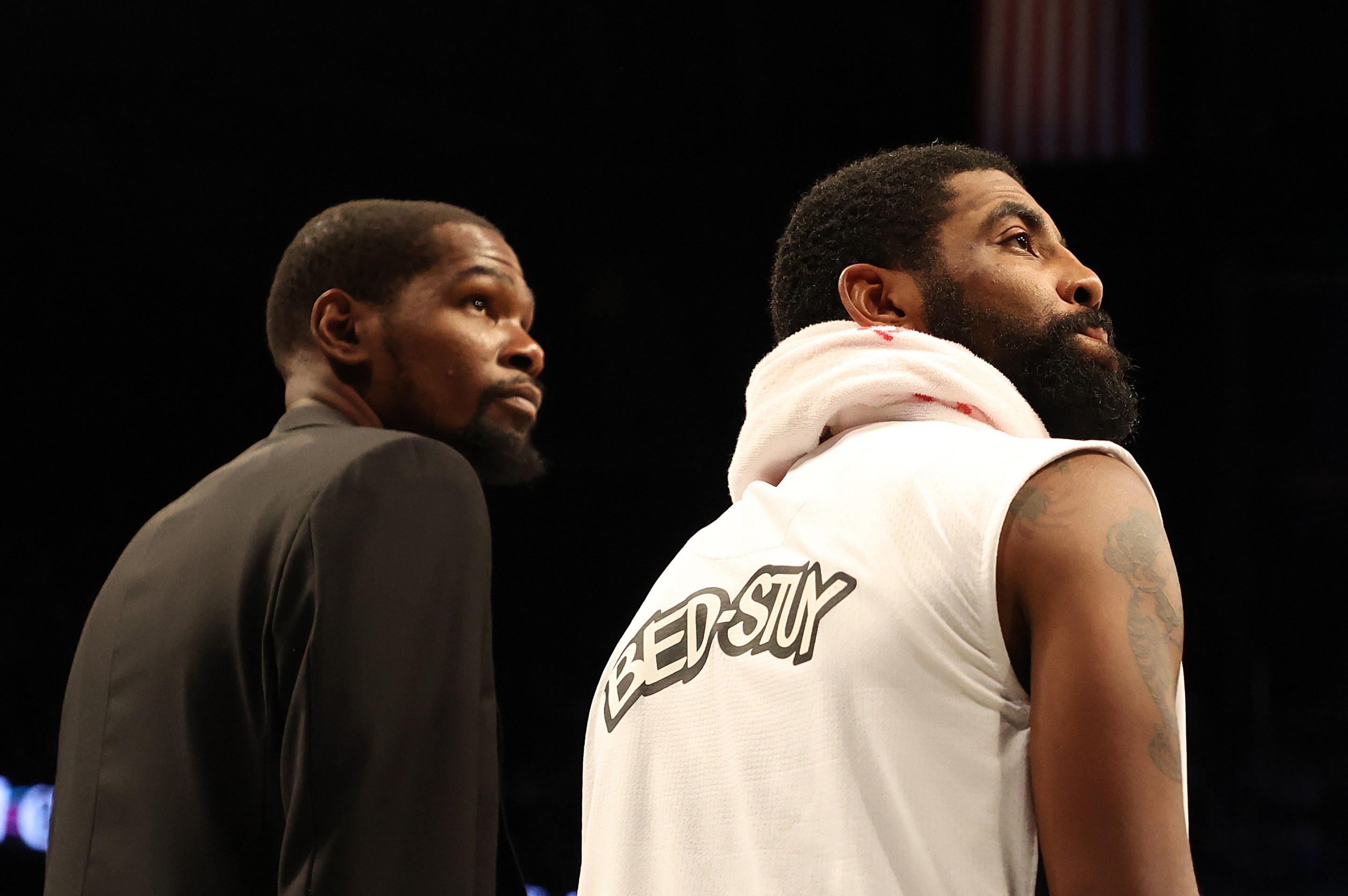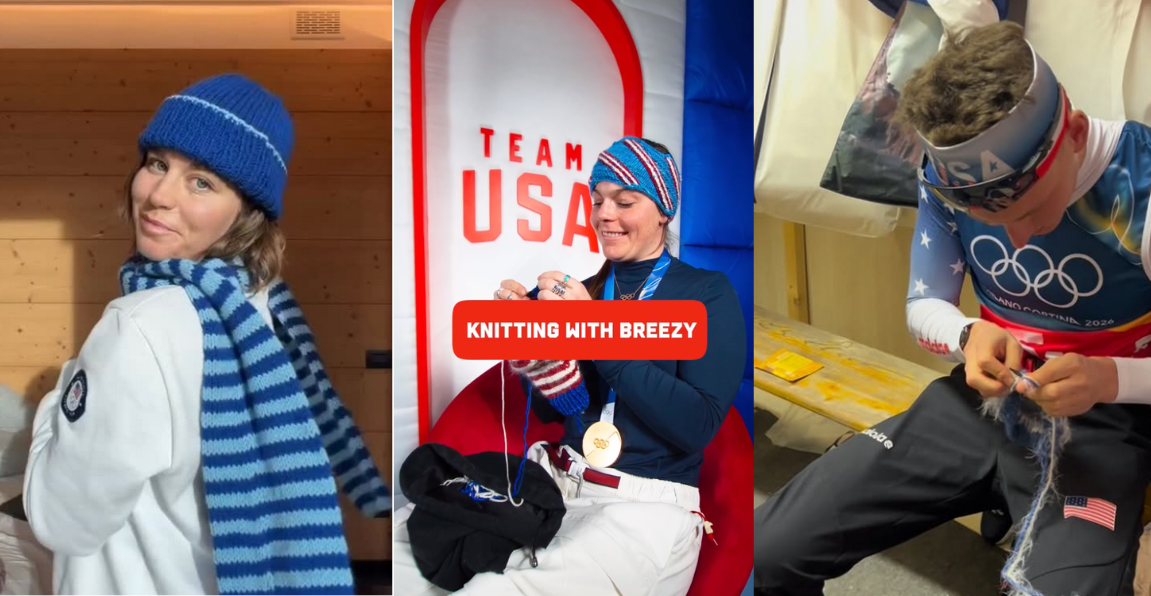Somehow, with both knees on the floor, San Antonio Spurs guard Tony Parker resuscitated his dribble in a chaotic possession in Game 1 of the 2013 NBA Finals against the Miami Heat. That bought him a couple of beats to stand up, pump-fake LeBron James into the air, and bank an unseemly leaner off the glass before the shot clock expired.
Parker then led the ensuing huddle. Sitting in the chair head coach Gregg Popovich typically used, the point guard walked through their defensive gameplan with 5.2 seconds on the clock. "Spread everything," he said. "He goes for a two? We don't care if he goes for a two." To Danny Green: "D-Wade? The pump-fake? Don't jump. No and-one." Tim Duncan, prefiguring his fated role as assistant coach, echoed Parker and urged teammates not to close out on three-point shooters too aggressively. The Spurs won 92-88.
"That happens a lot," Spurs general manager R.C. Buford later said of Parker running the huddle. You couldn't find a more apt microcosm of that team in the middle of that decade. Pop isn't in the frame of the shot, but it doesn't matter: His work there is done. A coach who has cultivated the synergy and trust of those Spurs can cede the stage and let his players' voices take over in the waning seconds of a tight Finals game. It takes a lot of work up front to earn that freedom, but the benefits of such a coaching-by-committee setup are clear. Everyone is seeing something someone else doesn't. Being in charge of the broader schematic vision doesn't guarantee that you'll have the right granular play-call in the moment. And there are instances when someone besides the old guy in the suit is the right person to crystallize the insight or deliver the message; sometimes it makes sense to defer to the guy who just hit the dagger over LeBron.
But try and think of a roster less like those harmonious Spurs than next season's Brooklyn Nets, loaded with unknowns and suspicions, and led by twin stars who will haul all their physical and psychological hangups to the party. Kevin Durant will return from the Achilles injury he sustained in the 2019 Finals, and the lowest levels of self-assurance a person could sustain while simultaneously being maybe the best pure scorer in NBA history. Kyrie Irving is coming back with a rehabbed shoulder and the knowledge that he'll need to share duties with a superior player, something that didn't suit his nature last time he tried it, often for reasons outside his control. Caris LeVert, who looked for a minute like the best player in the bubble and best playmaker on the Nets, will stunt his on-ball development for the greater good. All the smaller pieces who enjoyed the open spaces of the last two seasons will now need to figure out how to fit around a lead tandem that doesn't yet understand how it fits together.
There will be lot to work through for ur-point guard Steve Nash, who is technically a rookie head coach even if his career was spent effectively doing the same work while sweating profusely. Anyone looking to get their fill of Nets schadenfreude early would have relished the Coaching Thoughts that Irving and Durant shared last week.
“It’s going to change the way we see coaches. I don’t really see us having a head coach,” Irving said on a Thursday episode of Durant's podcast, The ETCs. “KD could be a head coach; I could be a head coach.”
Durant was on the same page. “[Former interim head coach and current assistant head coach] Jacque Vaughn could do it one day," he said. "It’s a collaborative effort on our part.”
It's easy to clown on this—not least because of who's saying it—but at least they're bullshitting about an admirable model. It's a model that might even work, given who their actual head coach will be. Nash's prime was spent astutely managing personalities with his well-placed dimes and high-fives, getting everyone around him what they needed when they needed it. Durant, who worked directly with Nash when he worked in player development at the Golden State Warriors, knows his wisdom firsthand; Irving understands that Nash perfected their position, with strengths that fit the exact gaps in Irving's own game. He should come to the job with a base layer of credibility that will keep him from getting trampled by his stars.
From Nash's perspective, there is probably no better way to steward these colossal, easily bruised egos than to let them make themselves heard when they see fit, to make each one feel variously in charge of the show. Whether these Nets stars can steer a ship as steadily as the Spurs elder statesmen could is a question unto itself, but that is a healthy thing for any NBA team to aspire to. Irving and Durant's statement of their ideal coaching philosophy is not itself an omen of dysfunction, which is not to say that you shouldn't relish that dysfunction if it does arrive.






